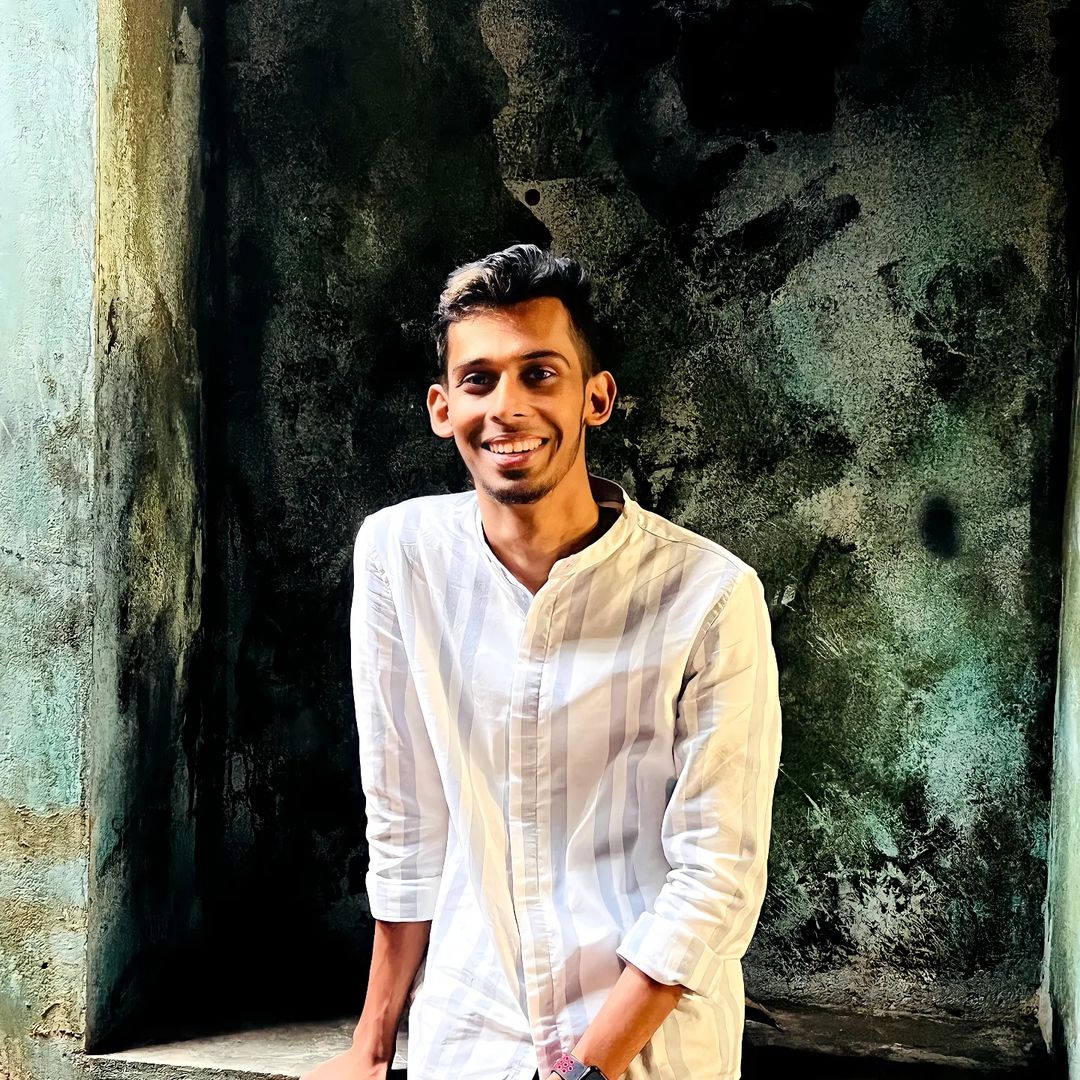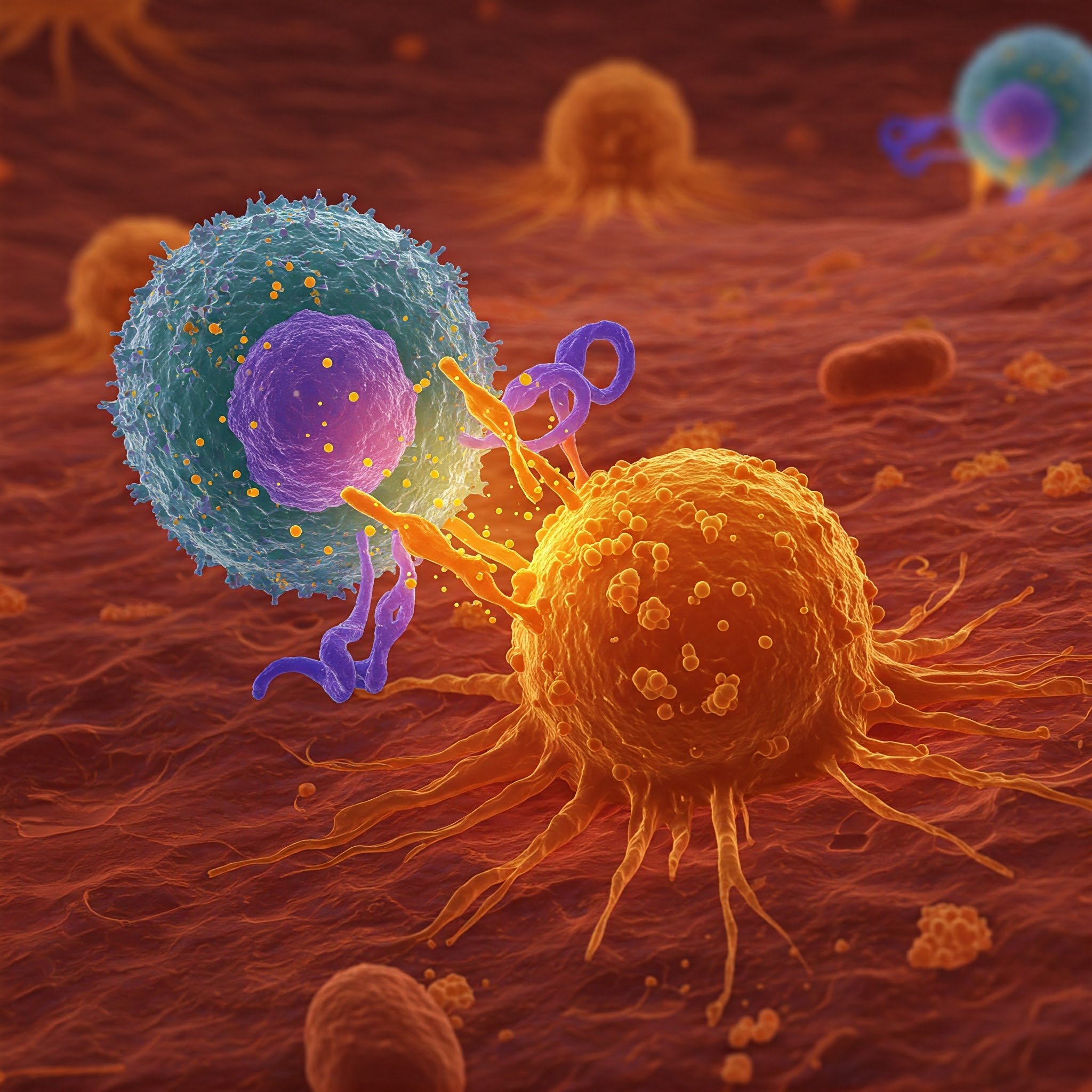Certain types of blood cancer, like lymphoma and multiple myeloma, are malignant conditions that start in immune cells, particularly lymphocytes. CAR-T cell treatments have emerged as a crucial component of the treatment of patients with relapsed multiple myeloma or lymphoma in recent years. This entails genetically altering the patient’s own T lymphocytes (T cells) so that they can use a chimeric antigen receptor (CAR) to specifically identify and destroy the cancer cells.
The current scientific publication focuses on a unique case. Nine months after receiving CAR-T cell therapy at the University Hospital of Cologne, a 63-year-old patient with multiple myeloma developed T cell lymphoma in the intestine, skin, and blood. The genetically altered T cells utilized in the treatment gave rise to the tumor.
The project’s founders, Dr. Till Braun, the head of the research group at the University Hospital of Cologne, and Professor Marco Herling, the managing senior physician at the University of Leipzig Medical Center, are internationally recognized experts in the diagnosis and treatment of uncommon but challenging T cell lymphomas.
This is one of the first documented cases of such lymphoma following CAR-T cell therapy. The findings of this study will help us to better understand the risks associated with the therapy and possibly prevent them in the future.
Maximilian Merz
The researchers found that the tumor was produced by more than only the T cells’ present genetic changes. Another factor was pre-existing genetic alterations in the patient’s hematopoietic cells. The development of the tumor was thoroughly examined by the researchers using state-of-the-art technologies. The phenomena was investigated using a variety of next-generation sequencing techniques, a sophisticated, high-throughput tool for analyzing DNA and RNA sequences. While single-cell RNA sequencing examined the transcriptome of the CAR-T cells to look into genes and signaling pathways, whole-genome sequencing was utilized to find genetic changes.
Check Markets: Market Analysis
The research teams of Dr. Kristin Reiche at the Fraunhofer IZI and Professor Merz at the University of Leipzig Medical Center have previously worked closely together to develop these techniques. In the realm of CAR-T cell therapy, fundamental scientists and doctors worked closely together, which made it possible to analyze the situation quickly. The University of Leipzig Medical Center is one of the top facilities in Europe for using CAR-T cells to treat T cell lymphoma and multiple myeloma.
This case provides valuable insights into the emergence and development of CAR-bearing T cell lymphoma following innovative immunotherapies and highlights the importance of genetic predispositions for potential side effects.
Maximilian Merz
In order to uncover risk variables and gain a better understanding of similar occurrences, the researchers are preparing additional scientific studies. The goal is to be able to anticipate and stop these side effects following the increasingly popular CAR-T cell therapies of the future. In a second scientific study, the problem of secondary tumors following CAR-T cell therapy has been emphasized for its significant relevance. This patient case and the nine other newly reported instances of T cell lymphoma from CAR-T cells globally are comprehensively summarized in a manuscript that the same research team submitted to the prestigious journal Leukemia. Peer reviewers often take a few weeks to months to approve a scientific work for publication. Within a day, the text in this instance was approved for publication.
Also Read: US FDA Approves Ctexli, First Treatment for Cerebrotendinous Xanthomatosis of Mirum Pharma
It is important to create a real, data-based awareness of the rarity of this complication, at far less than one per cent, and the mechanisms by which it occurs.
Marco Herling
Source: Universität Leipzig – News
Journal Reference: Braun, Till, et al. “Multiomic Profiling of T Cell Lymphoma After Therapy with Anti-BCMA CAR T Cells and GPRC5D-directed Bispecific Antibody.” Nature Medicine, 2025, pp. 1-9, DOI: https://doi.org/10.1038/s41591-025-03499-9.
Last Modified:
Graduated from the University of Kerala with B.Sc. Botany and Biotechnology. Attained Post-Graduation in Biotechnology from the Kerala University of Fisheries and Ocean Science (KUFOS) with the third rank. Conducted various seminars and attended major Science conferences. Done 6 months of internship in ICMR – National Institute of Nutrition, Hyderabad. 5 years of tutoring experience.






